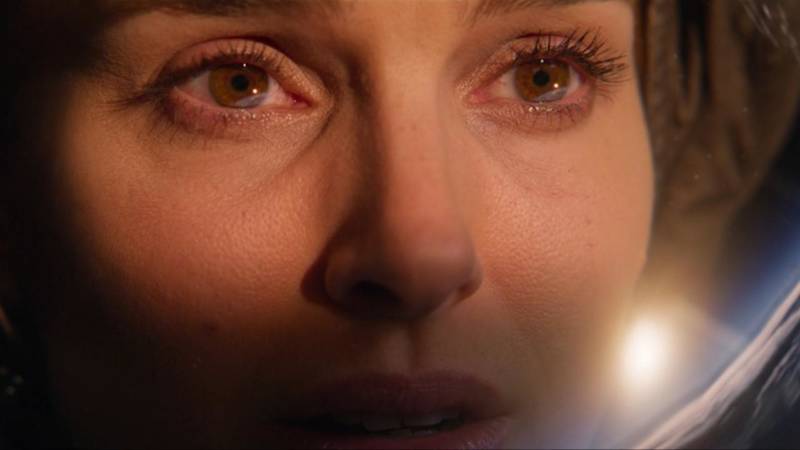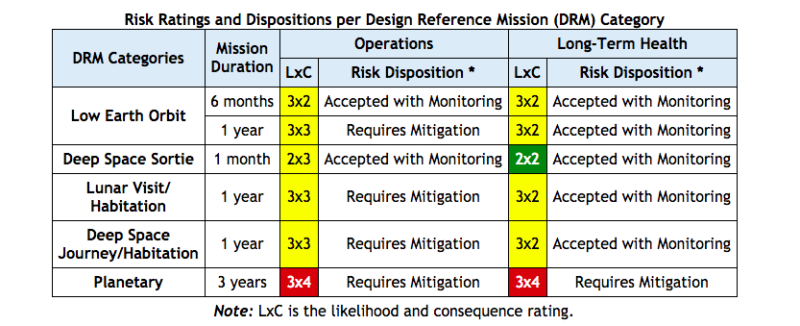Earlier this week, the trailer for Natalie Portman's new movie, Lucy In The Sky, emerged. In it, Portman plays an astronaut struggling to readjust to life on Earth after seeing "the whole universe."
The film was reportedly inspired by real-life shuttle astronaut, Lisa Nowak, who in 2007, armed with a knife, a hammer and a BB gun, famously drove from Houston to Orlando to confront a romantic rival. Nowak was alleged to have pepper sprayed the woman, was charged with attempted kidnapping and battery (among other offenses) and was ultimately sentenced to a year of probation. While Nowak's story has since become something of a punchline—most notably in the "sad astronaut" portion of 2017 movie, Rough Night—her case did shine a light on the very real mental stresses that can result from going to space.
When astronauts experience psychological problems after returning home, it's impossible to know just how much their time in orbit played a role. While most readjust relatively quickly, there have been a number of high-profile worst case scenarios. The first French woman in space, Claudie Haignere, attempted suicide in 2008, and astronaut Charles E. Brady Jr. took his own life ten years after a space mission. (NASA conducted an extensive investigation into Brady's death "to look for lessons learned ... Did we miss something?... Should we have intervened and acted at some point?")
The second man to walk on the moon, Buzz Aldrin, has been open about the alcohol dependency that came after his famous Apollo 11 journey. "When I was not drinking," Aldrin wrote in his 2009 autobiography, "my thoughts tended to lead me to a deeper sense of self-evaluation and introspection. What am I doing? What is my role in life now? I realized that I was experiencing the ‘melancholy of things done.’”



